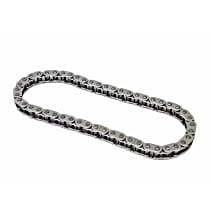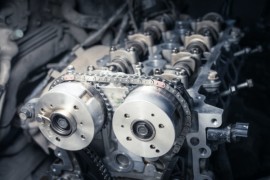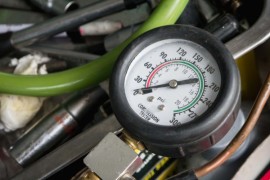{
"lazyNodes": false,
"abFitnotesFlag": false,
"abCrawlReviews": false,
"productOptionsCookie": false,
"orderDelayFlag": false,
"skipSessionCookie": false,
"covidMessage": false,
"fullTitleCookie": false,
"nrLoggerCookie": false,
"checkoutReviewCookie": false,
"productOptionSeqCookie": false,
"maintenanceFlag": false,
"bufferETACookie": false,
"multiShippingDiscountFlag": false,
"newFitmentFlag": false,
"surveyOptInFlag": false,
"crossSellFlag": false,
"skuMappingFlag": false,
"paySplitCookie": false,
"callDisableFlag": false,
"zipPaymentFlag": "u",
"hassleFreeReturn": false,
"lifetimeReplacement": false,
"cpn_off": false
}Need Help? Call Us1-866-529-0412
2003 Audi A4 Quattro
2003 Audi A4 Quattro Timing Chains
Refine by:
Shop Catalog
Showing 1 - 2 of 2 results
Sort by:
Part Number: IWS50046857
Guaranteed to Fit
$32.49
Vehicle Fitment
- 2003 Audi A4 Quattro Base 4 Cyl 1.8L
- 2003 Audi A4 Quattro Avant 4 Cyl 1.8L
Product Details
Warranty : 24-month or 24,000-mile limited warrantyQuantity Sold : Sold individuallyProp 65 Warning :
![]() WARNING: This product can expose you to chemical which is known to the State of California to cause cancer and birth defects or other reproductive harm. For more information go to www.P65Warnings.ca.gov.
WARNING: This product can expose you to chemical which is known to the State of California to cause cancer and birth defects or other reproductive harm. For more information go to www.P65Warnings.ca.gov.
Part Number: IWS058109229B
Guaranteed to Fit
$36.99
Vehicle Fitment
- 2003 Audi A4 Quattro Base 4 Cyl 1.8L
- 2003 Audi A4 Quattro Avant 4 Cyl 1.8L
Product Details
Warranty : 24-month or 24,000-mile limited warrantyQuantity Sold : Sold individuallyProp 65 Warning :
![]() WARNING: This product can expose you to chemical which is known to the State of California to cause cancer and birth defects or other reproductive harm. For more information go to www.P65Warnings.ca.gov.
WARNING: This product can expose you to chemical which is known to the State of California to cause cancer and birth defects or other reproductive harm. For more information go to www.P65Warnings.ca.gov.
Page 1 of 1 | Showing 1 - 2 of 2 results
Popular Products

IwisTiming Chain Camshaft to Camshaft - Replaces OE Number 058-109-229 BManufacturer #50046857
( Reviews) Questions, Answers
IWIS OE REPLACEMENT TIMING CHAIN
Expertly crafted and tested to top-grade, OE-specific standards, Iwis timing chain provides high quality performance without the high level price. It's OE-standard design provides the right fit and the right solution to your veh...
Helpful Automotive Resources
Engine Knocking Sound: What Does it Mean?You may notice that the noise becomes more frequent when engine speed is increased, especially if the sound is due to a failed bearing.
What Does a Knocking Noise in the Engine Mean?
P0012 Code: Intake (A) Camshaft Position Timing – Over-Retarded (Bank 1)“Bank 1” in the code refers to the side of the engine where the number one cylinder is located. Take note this applies to engines that employ a boxer or V configuration.
SOHC vs. DOHC: What’s the Difference and Which Is Better?You see, inside of an engine, there’s a crankshaft and one or more camshafts. The crankshaft connects to the pistons and connecting rods, while the valves are opened and closed by the camshaft(s). A timing belt or timing chain connects the crankshaft to the camshaft(s) to keep them in sync.
Why Does the Engine Stall? Common Causes and How to Prevent ThemIn this situation, you can try to restart the engine and see if it immediately stalls again. If it does, restart it and apply just a bit of throttle to see if you can keep it alive. If you can, you’ll be able to drive it home or to a
P0008 Code: Engine Position System Performance Bank 1Pro Tips are nuggets of information direct from ASE-certified automobile technicians working with CarParts.com, which may include unique, personal insights based on their years of experience working in the automotive industry. These can help you make more informed decisions about your car.
Low Compression Symptoms, Plus FAQCompression is created as the piston moves upward in the cylinder—during what’s referred to as “the compression stroke”—to pressurize the air-fuel mixture. During this phase in the engine’s four-stroke process, the valves must be closed so that the cylinder is completely sealed. The piston rings must also provide a tight









